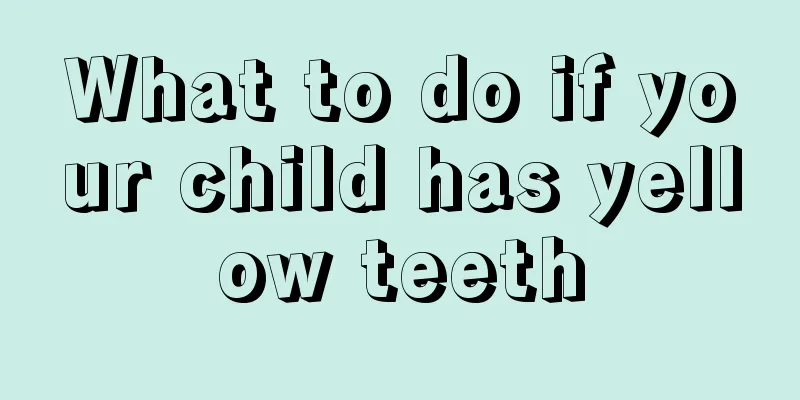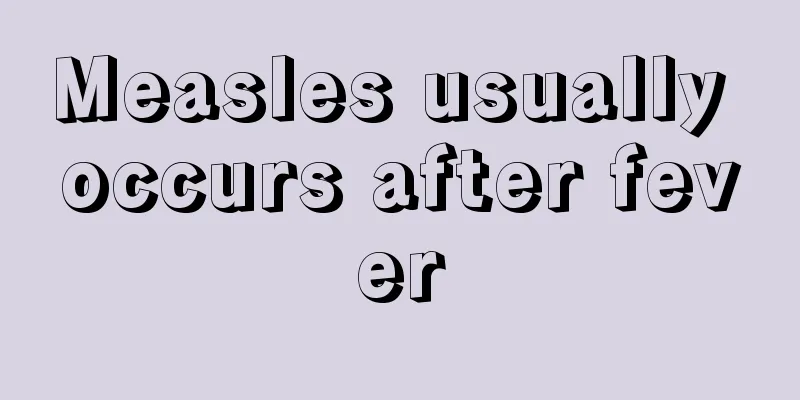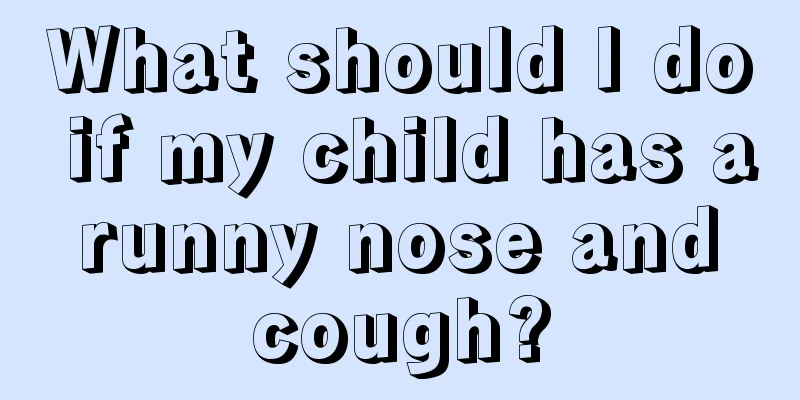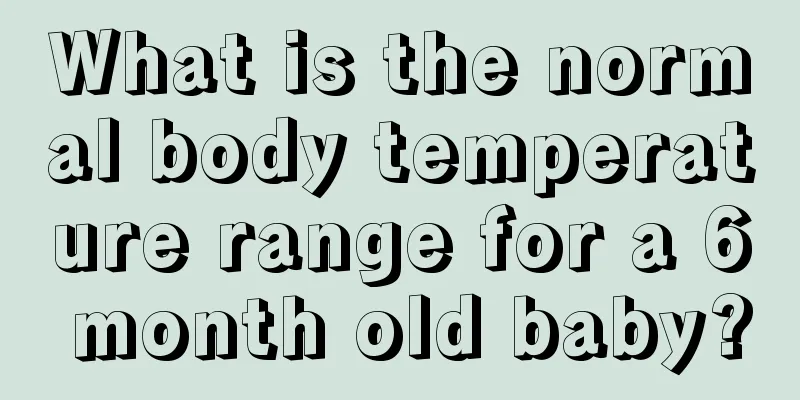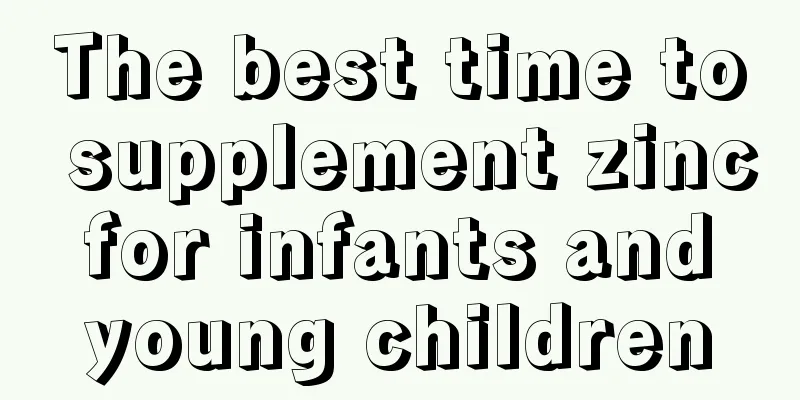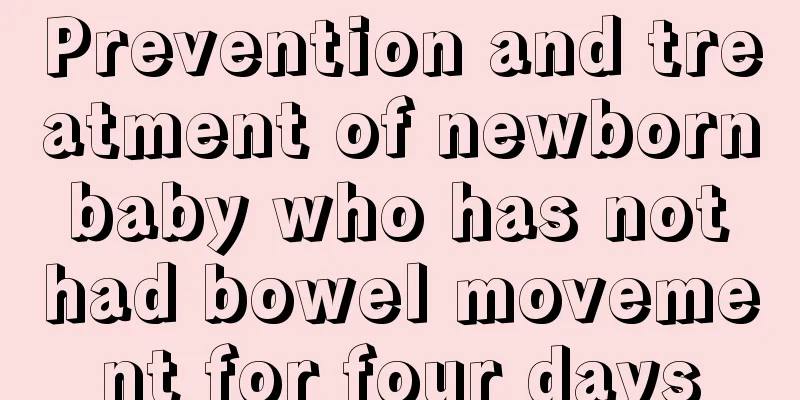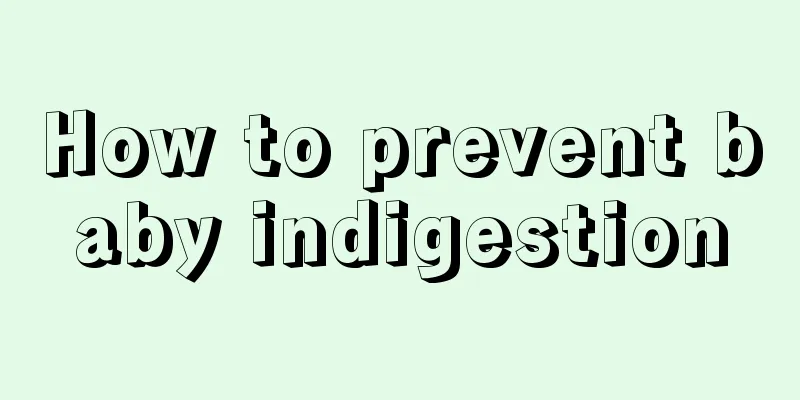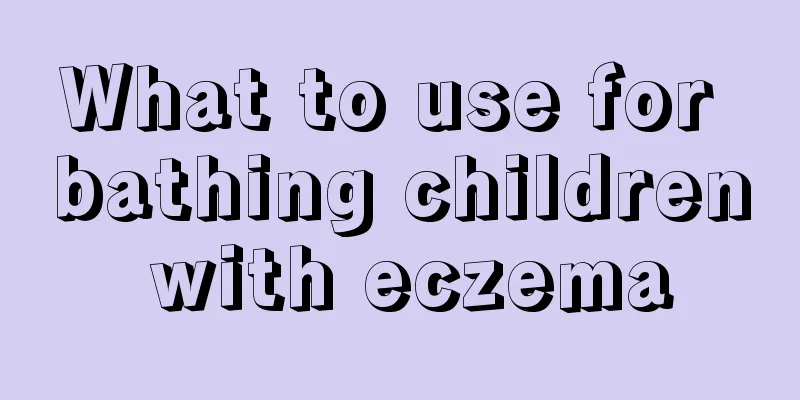What are the sequelae of febrile seizures in children?
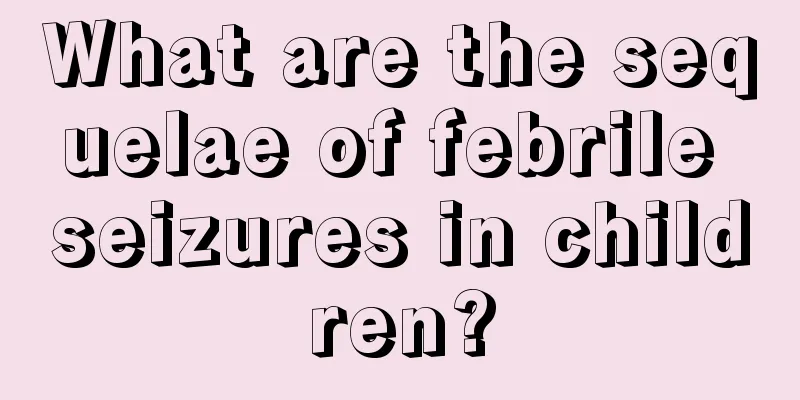
|
Children will experience convulsions when they have a high fever for the first time before the age of six. Many people would say that it is normal for children to have convulsions after having a high fever and that there will be no major hindrance as long as protective treatment for convulsions is done. However, whether there will be any specific sequelae after the convulsion requires us to learn from the experts below. Febrile convulsions generally have no sequelae. The only sequelae is the fear of turning into epilepsy. If you do not have the following conditions, that is, the complex type, the general recovery is good! Complex type, age> 6 years old, body temperature <38.5℃ during convulsion, the attack is localized, convulsions can last for more than 15 minutes, there are repeated attacks within 24 hours, and the EEG is still abnormal 2 weeks after the body temperature is normal. The prognosis is poor, and about 1% to 2% may develop epilepsy. Treatment 1 The main problem is to control high fever, which can be achieved through physical cooling and drug cooling. Physical cooling can be achieved by applying cold wet compresses to the forehead, using an ice pack as a pillow, using warm water baths, or using alcohol baths (not for infants). Medicinal cooling can be achieved by administering pediatric antipyretic suppositories through the rectum. This will provide less pain to the child and faster efficacy. 2 At the same time, convulsions must be quickly controlled, antispasmodic sedatives must be given, and oxygen should be inhaled to protect brain cells and improve cerebral ischemia and hypoxia. 3. Also pay attention to safety and strengthen protection. When convulsions occur, be careful to prevent injuries. To prevent falling from bed, restrain the limbs appropriately. When the patient has convulsions and the jaws are clenched, wrap the tongue depressor or opener with gauze and place it between the upper and lower molars to prevent bites on the tongue and lips. The room should be kept quiet and the light should not be too strong. Treatment and nursing operations should be carried out as concentratedly as possible, with gentle and agile movements, and all unnecessary stimulation should be reduced. Many parents will feel very panicked, worried and scared when they see their children having convulsions. Although these are normal, as your child's guardian you need to be strong, because your child's future destiny is in your hands. At this time, you must protect your child and provide care according to the experts' instructions. Come on. |
<<: What to do if a child has a lump behind his ear
>>: Why doesn’t my baby sleep well?
Recommend
What should I do if my baby only drinks milk from one side?
Babies are quite dependent on breast milk, which ...
What to do if your baby's hands and feet are peeling
Every spring and autumn, due to the weather, many...
What kind of milk powder should babies eat for autumn diarrhea
Autumn is relatively dry and many people don’t li...
What should I do if my child has swollen and painful gums?
Spring is a season when the human body is prone t...
What syrup is good for children with cough?
Generally speaking, children cough because of ped...
The harm of children's tooth fillings killing tooth nerves
We have all experienced toothache. Some people sa...
Treatment of fever and chills in young children
Young children have fever and chills, and are pal...
Parents should take care of children with low immunity
Many children are prone to symptoms of low immuni...
What is the most effective way to stop vomiting in children?
It is inevitable that people will vomit in their ...
What to do if your baby's head sweats while sleeping
Some new mothers will find that their baby's ...
How to treat thrush in children?
Thrush is also known as oral candidiasis in medic...
Why does a twelve year old still wet the bed?
Generally speaking, children over three years old...
What is the correct method for children's vision correction?
Many people believe that children's eyesight ...
How does Toxoplasma gondii affect the fetus?
Toxoplasma is called Sanshi worm in our tradition...
What medicine should children take for bad breath and constipation
If a child suffers from constipation, it is usual...
